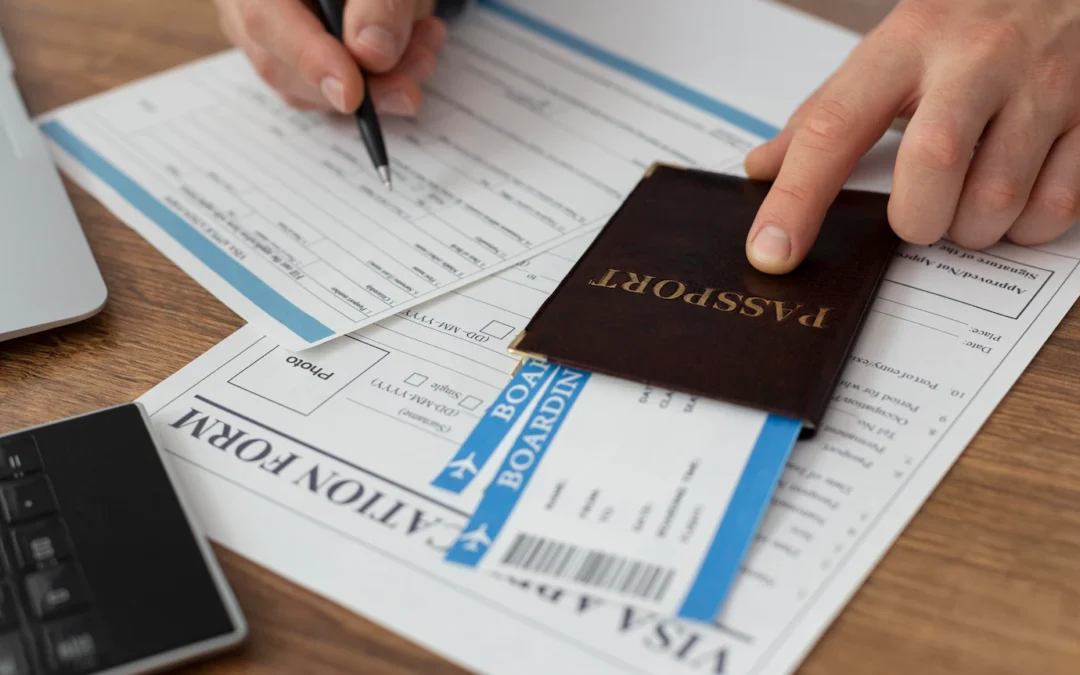Before a hearing begins, the court is obliged to summon the litigants, namely the plaintiff and the defendant, to the domicile address or residence of each party. The summoning of both litigants by the court is an effort to uphold the principles of audi et alteram partem (listening to both litigants) and equality before the law. In the Indonesian legal system, the summoning of litigants is carried out by bailiffs or substitute bailiffs (court officials other than judges, and court secretary who are authorized to carry out the bailiffs duties and obligations) as officials authorized by law.
The provisions for summoning litigants in the laws and regulations include provisions for summoning litigants who are in the territory of the court examining the case, provisions for summoning litigants who are outside the territory of the court examining the case, and provisions for summoning litigants who are outside the jurisdiction of the Republic of Indonesia.
What if the defendant is located or domiciled outside the jurisdiction of the court examining the case or in a foreign country or outside the jurisdiction of the Republic of Indonesia?
The procedure for summoning parties domiciled outside the laws of the territory of Indonesia has in fact not been specifically regulated.Therefore the Supreme Court and the Ministry of Foreign Affairs have issued Memorandum of Understanding No. NK/HI/01/02/2013/58 and Memorandum of Understanding No. 162/PAN/HK.00/II/2013 dated February 19, 2013. The two memoranda of understanding were signed on February 20, 2018 by the Chief Justice and the Minister of Foreign Affairs.
The memorandum of understanding agreed on the handling of letters rogatory and requests for assistance in the delivery of documents in civil matters from foreign courts to Indonesian courts and from Indonesian courts to foreign courts. Specifically, this new procedure for the delivery of judicial documents abroad is complemented by three cooperation agreements.
Prior to the issuance of the above regulation, the procedure for summoning litigants domiciled outside the territory of Indonesia did not have a clear basis. There was no governing provisions on the format of the summons, the recipients of the documents, the process whether the summons must be submitted through the foreign ministry or directly to the country where the litigants reside, the language used, the durations, and the costs.
The process of summoning parties residing or domiciled abroad is carried out by submitting a cover letter requesting the delivery of documents to the destination country submitted by the court through the Supreme Court clerk. The document will be sent to the destination address of the litigant through the embassy or consulate office of the destination country.
The summoning of parties does not only apply to Indonesian citizens domiciled abroad, but also applies to foreign citizens in the destination country. One example of the summoning of parties residing abroad has been experienced by the author.
Based on information from the court, the process of sending summons to parties residing in the United Kingdom and the United States takes approximately four to six months. If the parties or their attorneys are unable or unwilling to attend the hearing at the scheduled time, the court is authorized to adjourn the hearing.
The cost of sending documents is borne by the litigants and deposited by the court into an escrow account in the name of the registrar of the Supreme Court. If this procedure is ignored, the documents cannot be forwarded abroad.
The mechanism for sending summons abroad is as follows:
- the court clerk calculates the cost of sending the summons overseas using the application in the directory of decisions when calculating the court fees;
- the court clerk creates a virtual account to pay the fees as calculated in the application, which includes proof of deposit in the summons assistance request file addressed to the Supreme Court clerk;
- the court clerk creates a standardized document and prepares a translation of the document in English or in the language of the destination country;
- documents are sent to the Supreme Court clerk via PO BOX 913 Central Jakarta, the envelope includes the cooperation agreement number of the Supreme Court and PT POS Indonesia;
- the Supreme Court clerk team examines the documents, if incomplete, the documents will be returned to the district court;
- the Ministry of Foreign Affairs forwards the summons to the foreign representative;
- the foreign representative returns the summon and the response to the summon to the Ministry of Foreign Affairs;
- Ministry of Foreign Affairs forwards the document to Supreme Court clerk, who will have to forward the document to court.
Indonesian courts must take into account the provisions required by the destination country. For example, the minimum period of time within which a trial must take place and the court documents to be delivered must be translated into English or the language of the host country.
These provisions are available in the rogatory online monitoring application which can be accessed through the website http://www.rogatori.kemlu.go.id. The rogatory online monitoring application is connected to all Indonesian representatives around the world, that it can record the process of handling the submission of document assistance and inform interested parties in Indonesia.
As Indonesia’s procedure for summoning litigants overseas lacks a clear basis, the Supreme Court and the Ministry of Foreign Affairs are working together to draft a memorandum of understanding on the regulations for the delivery of summons/notices to overseas litigants as well as judicial assistance from Indonesian courts to foreign courts and vice versa.
Author/Contributor:
 | Ika Ayu Puspitaningrum, S.H. Associate Contact: Mail : ayu@siplawfirm.id Phone : +62-21 799 7973 / +62-21 799 7975 |
